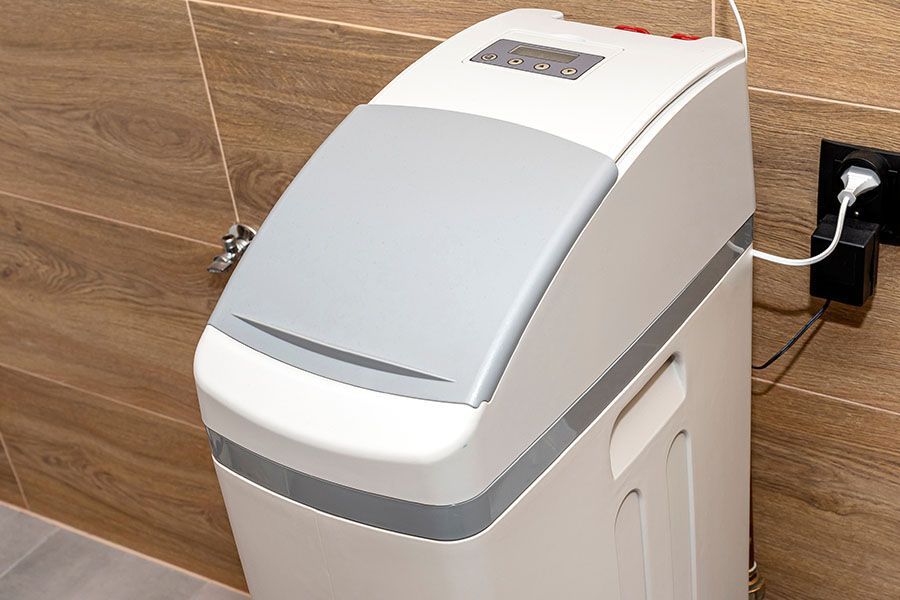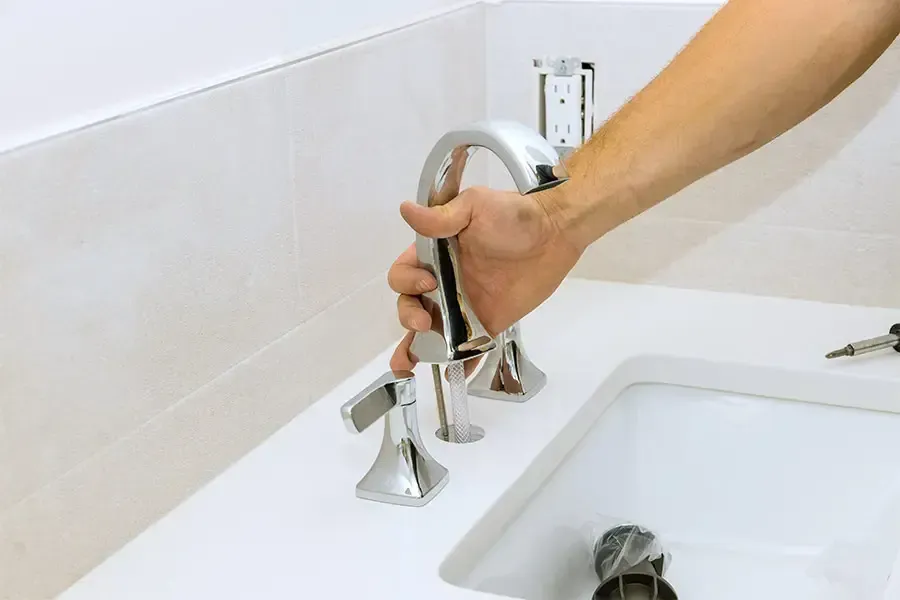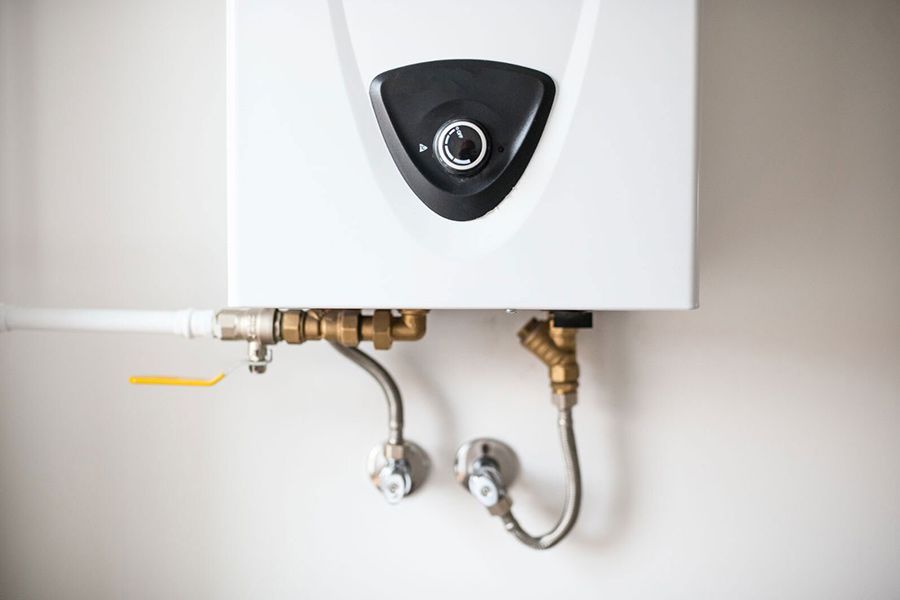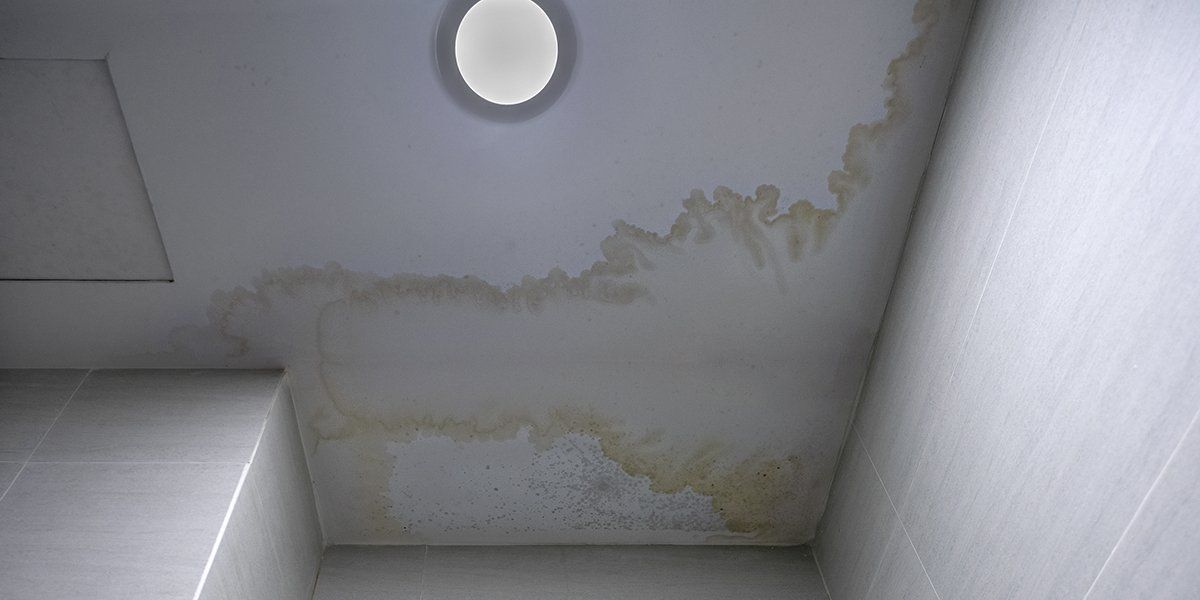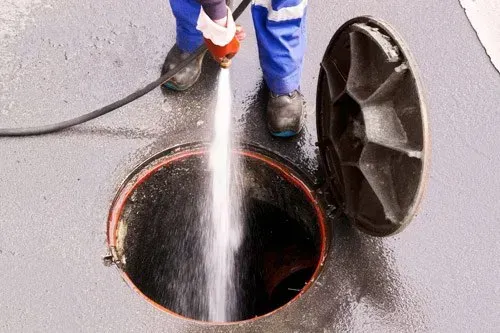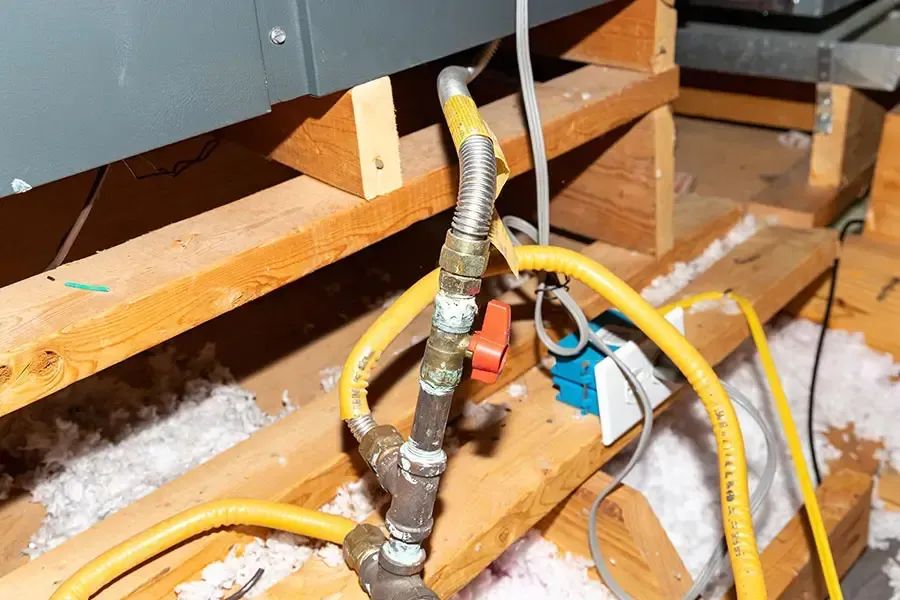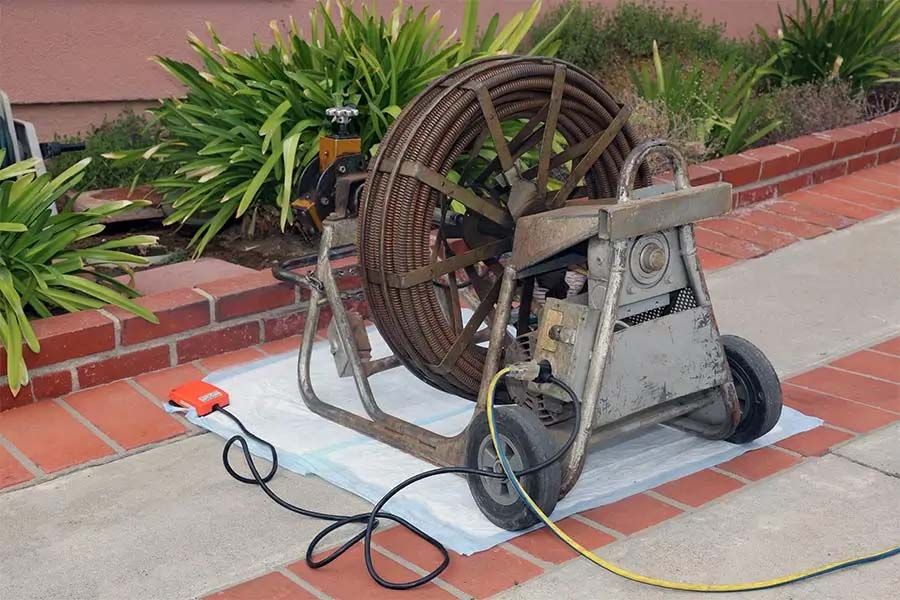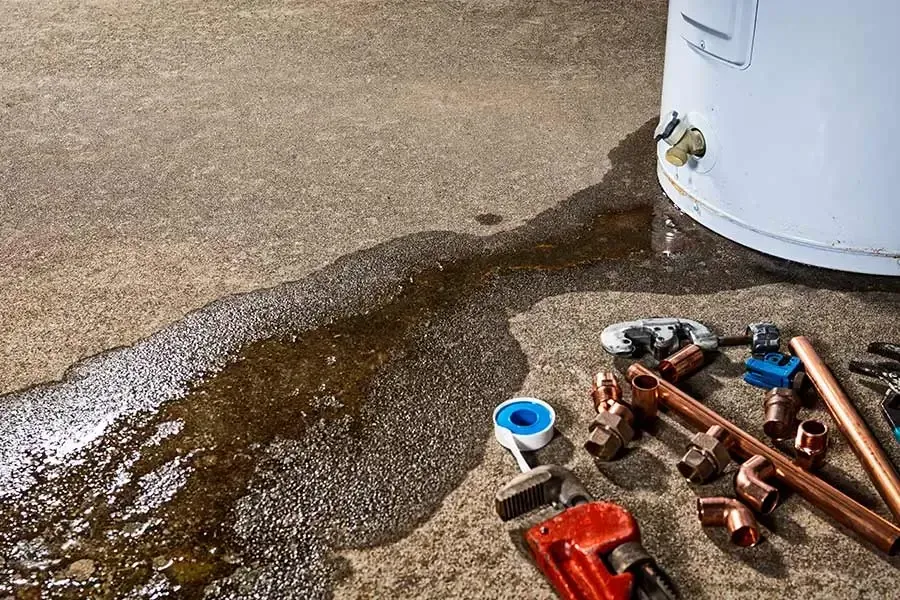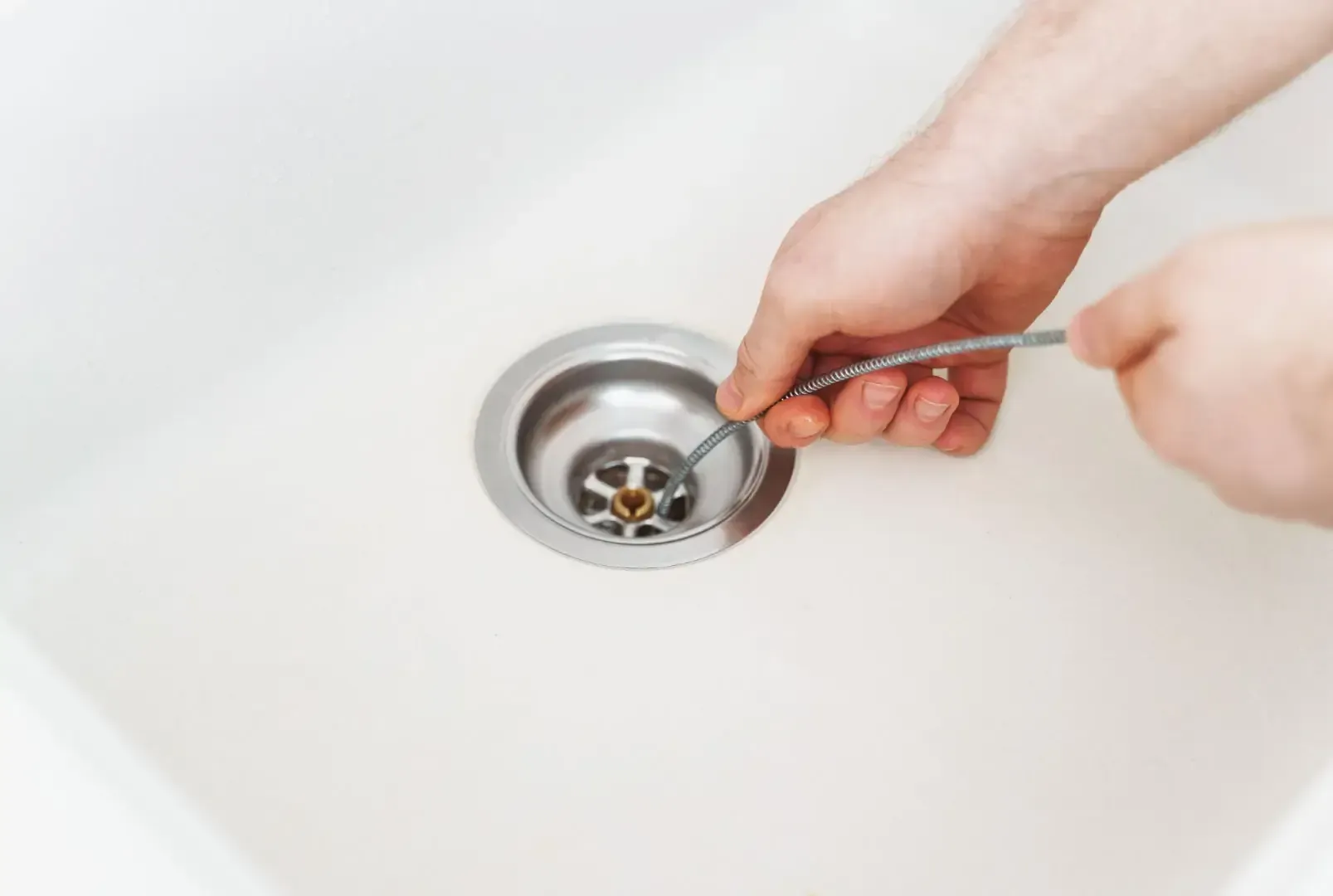Does the Water Heater Affect the Heat in the House in Willoughby, OH?
During the winter in Willoughby, Ohio, the temperatures drop below freezing to the low 20s. Understandably, most residents remain fully reliant on their heating systems all through the winter months. If that heating system feels like it is underperforming, it may not only be frustrating but also a health and safety problem.
Is my heating system bad? Does the water heater affect the heat in the house? What can I do to improve the heating in my home?
As a reliable plumber in Willoughby, Ohio, Formica Plumbing and Sewer Co. answers some of these questions below. Let’s explore the relationship between your property’s water heater and the typical comfort levels provided by your heating system as a whole.
The Relationship Between Your Water Heater and How Warm Your Willoughby, OH, Home Is Overall
The first thing to mention about how a water heater affects house heat may surprise you – a water heater does not have any direct impact on how warm it is inside your house if you have installed a furnace system or a conventional heat pump. Both of these heating unit types are completely separate from your property’s water heater.
A furnace generates heat through combustion (burning fossil fuel) or through electricity. The blower system then spreads the generated heat through your air ducts. There’s no connection to your water heater.
Similarly, the traditional heat pump pulls in heat from the outside through refrigerant in the evaporator and condenser coils. The pump’s air handler distributes this heat across your property. These units also lack any connection to the property’s water heater system.
So, when does the water heater affect the heat in the house? The only instance where the water heater can potentially affect the heat in your house is if your underfloor or air heating comes from a hydronic heating system connected to your water heater. These are systems designed to produce both the heat and hot water for your home.
What Is a Hydronic Heating System?
Hydronic heating systems don’t blow heat across your home. They heat water and distribute it through tubes, which then heats rooms across your home via special fittings and equipment. Forced air heating systems need ductwork, but hydronic heating systems need tubes installed underneath floors or baseboard heaters to effectively distribute heat.
Typically, people choose to install these systems because water is a natural conductor of heat. That means it doesn’t take up as much energy to heat water and, by extension, your home, particularly compared to using forced air heating systems. Additionally, water tends to retain heat for longer than air, so your hydronic heating system runs far fewer cycles to keep things toasty.
Other benefits of hydronic heating systems at home may include the following:
- Warm floors.
- Silent heating system.
- More manageable humidity levels.
- Better control over the rooms you want to keep warm.
Does the water heater affect the heat in the house for all hydronic heating systems? Not necessarily. The home heating and water heater relationship will remain unchanged for all but a few types of hydronic setups, so for most, your hot water usage shouldn’t affect the home’s heat overall.
Examples of hydronic heating systems designed to work with water heaters include:
Combi Boilers
Combi boilers produce heat in the same way as most hydronic heating systems. The main difference here is that these boilers also produce hot water for everyday use in your Willoughby, OH, home. The right size combi boiler for your home should generate enough heat for your home and enough hot water for:
- Doing your dishes.
- Taking a bath.
- Cooking.
- Cleaning.
- Other daily tasks.
Still, this is where the relationship gets tricky if your combi boiler doubles as your water heater. For example, you may notice the empty water heater effect on indoor temperature after someone draws a full bath. In that case, it will take some time for the combi boiler to replenish the hot water and restore your home’s overall comfort.
Hydro Furnaces
Hydro furnaces are very similar to conventional furnaces but designed to heat water held in a tank. Once the water has reached the desired temperatures, the system will circulate it to the hydronic heat exchanger inside the furnace. The system’s blower then transfers the heat from the water to your indoor space.
The system features elaborate controls that constantly monitor the water temperature, water flow, and air temperature. It will make all the necessary adjustments to ensure home comfort automatically. Hydro furnaces are complex but interesting because they combine the best of both worlds – the benefits of hydronic heating but without digging up floors to install the tubes to spread the heat evenly.
Does the water heater affect the heat in the house while using hydro furnaces? In most cases, no. The tank for hydro furnace heating is usually separate, so you don’t have to worry about water heater and house warmth with these systems.
However, some people might use the same tank to heat hot water for cleaning and bathing and then use a smaller point-of-use system for cooking. In that case, any prolonged use of hot water might affect the level of warmth you feel around the house. Note that only a proper installation by seasoned professionals can ensure the safe use of the water heater for warming up your home.
Get More Guidance on Water Heater Influence on Home Heating From the Leading Plumbers in Willoughby, OH
Does the water heater affect the heat in the house? If you have a conventional forced air furnace, the answer is no. If you have a more complicated hydronic heating system, a connection is possible.
Is your water heater derailing your comfort in the winter? Are you looking for ways to make your home more comfortable this winter while reducing the water heater impact on home heat? Contact Formica Plumbing and Sewer Co. in Willoughby, Ohio, at 805-600-2330 to schedule a consultation!
Further Reading: The most common cause of septic system failure.
Author Bio:
Matt Formica
He worked side by side with his cousin, Frank D. and sister Linda, in the office. The company has grown and now has six vans helping the surrounding communities with plumbing and sewer issues.
